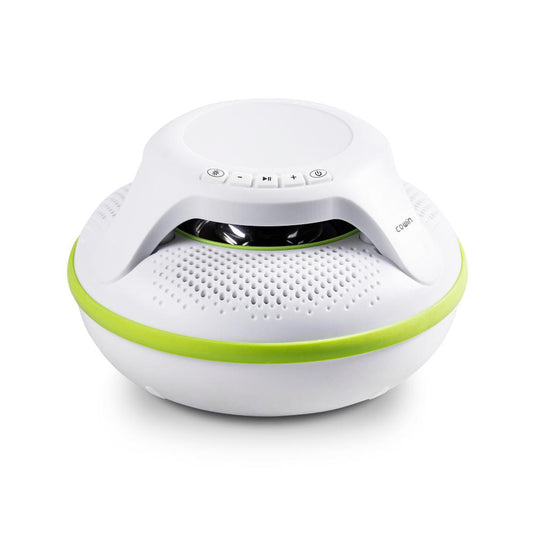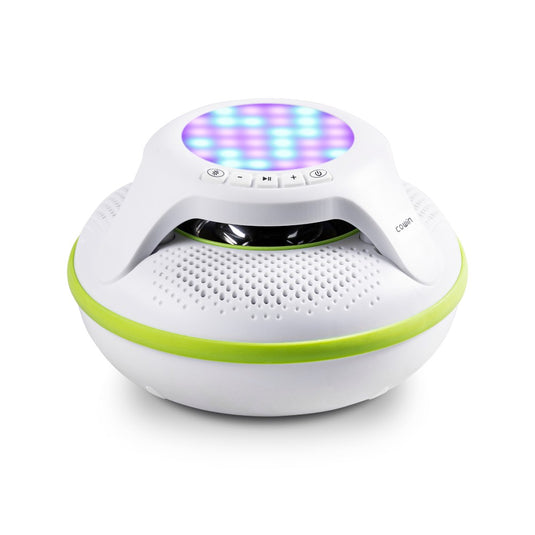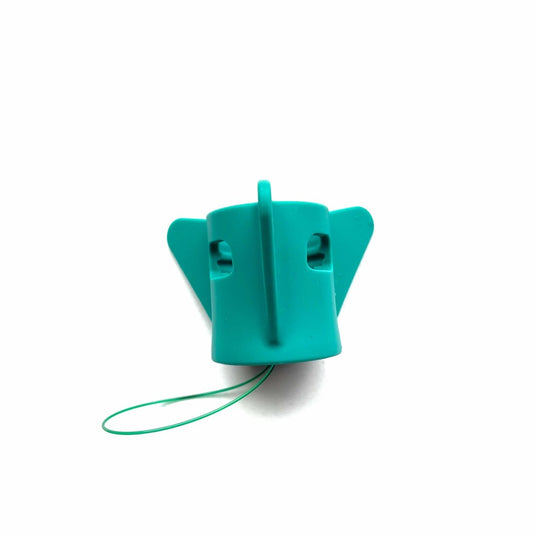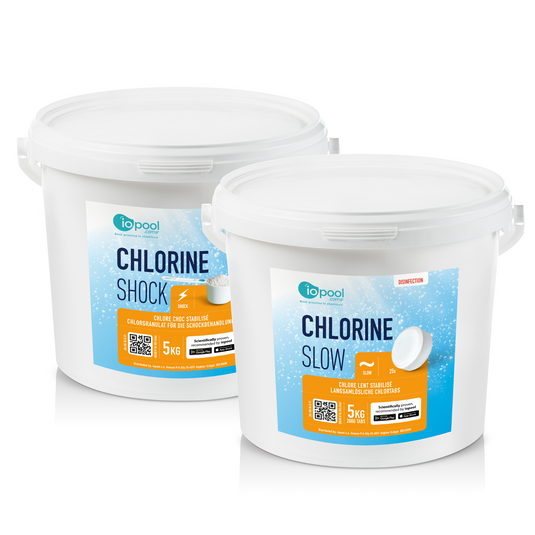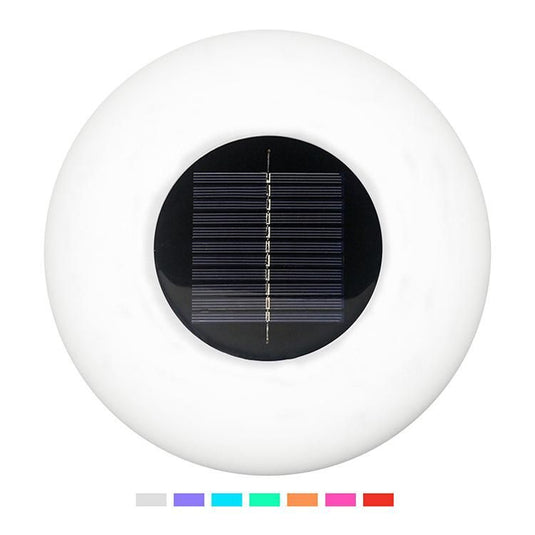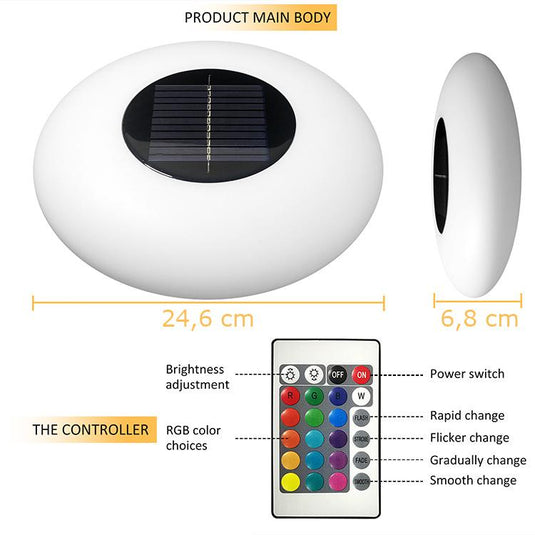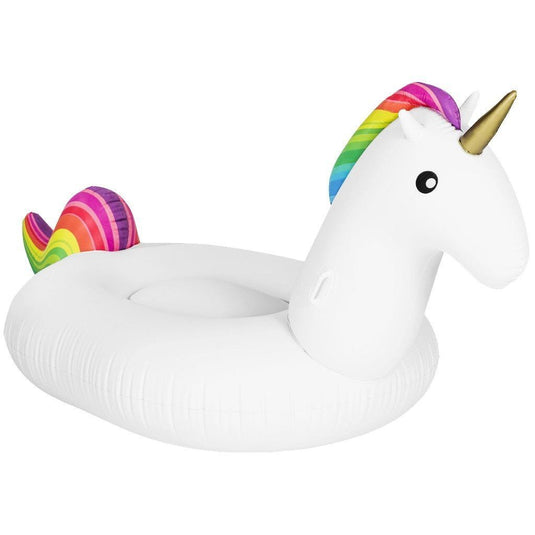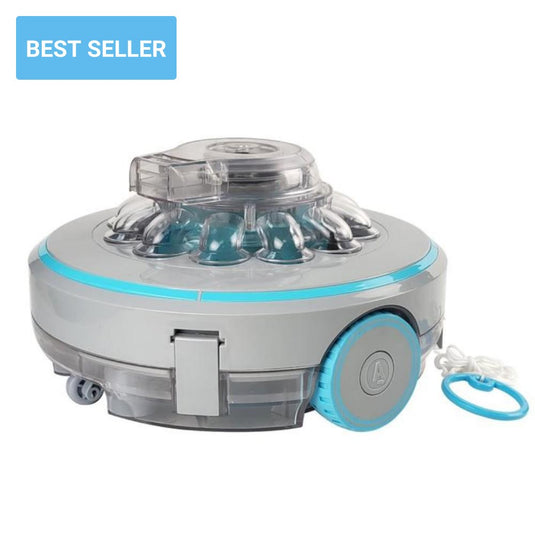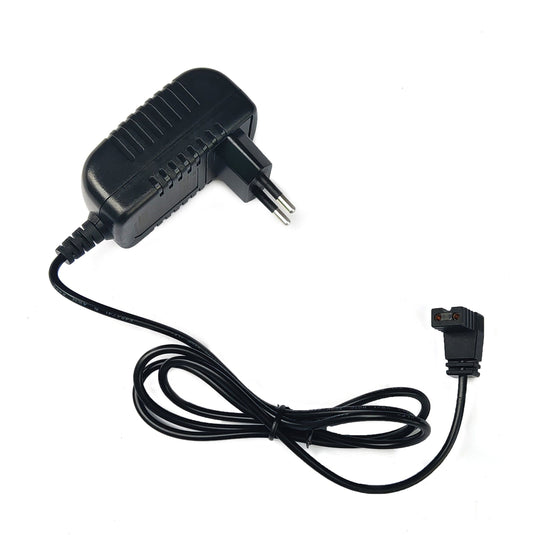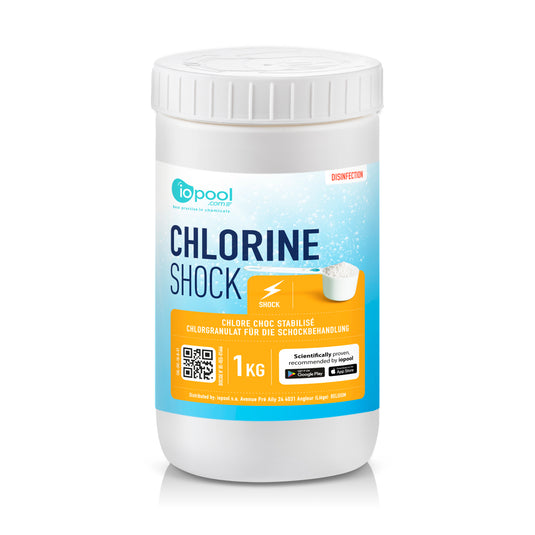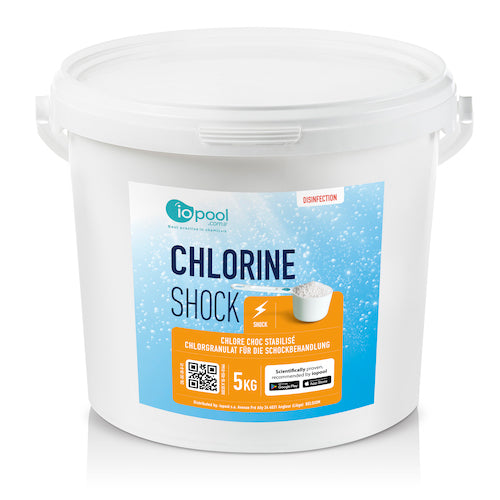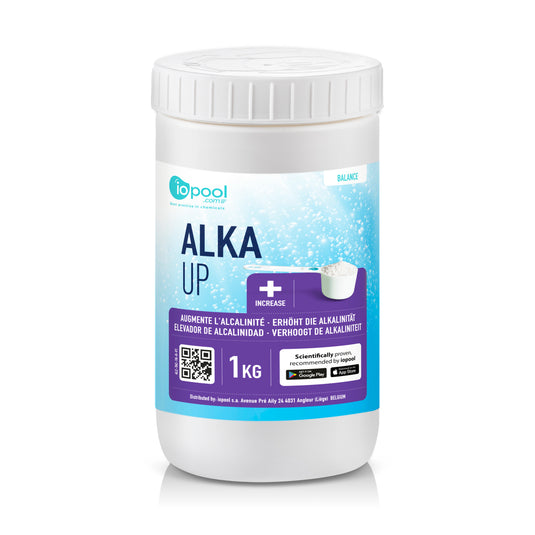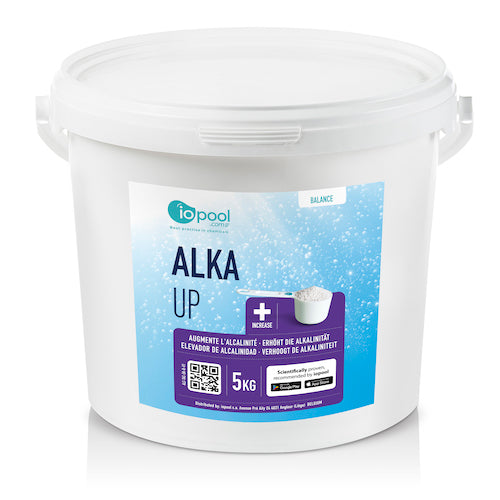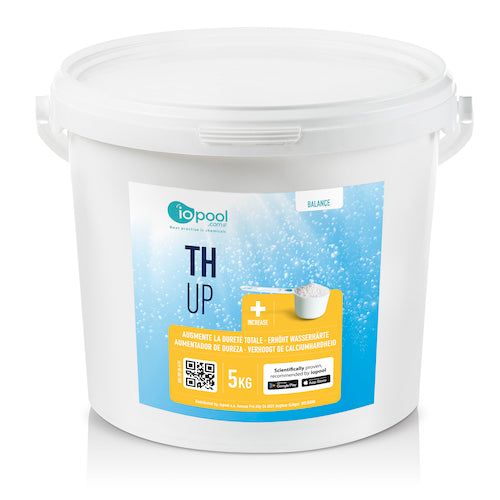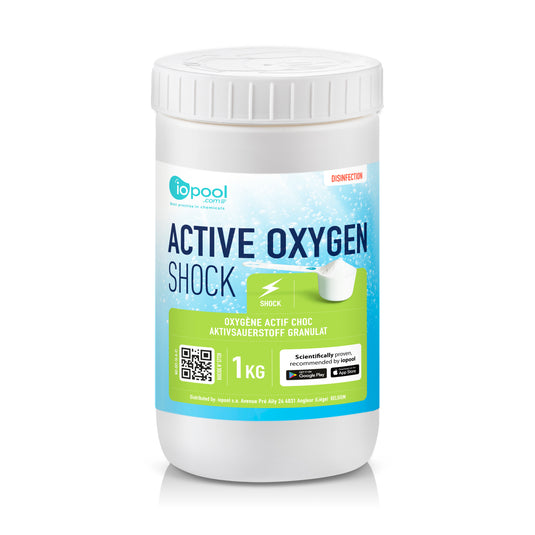Liquid Chlorine VS Tablet Chlorine

As a pool owner, you’re faced with choosing between liquid chlorine vs powder/tablet chlorine. Both are great for sanitizing your water, and each comes with its own unique benefits and drawbacks. But there’s one that comes out on top. Keep reading to learn more about the difference between liquid and tablet chlorine and which is worth the money.
What is Chlorine? How Does It Work?
Chlorine keeps your pool clean by breaking down the cell walls of harmful microorganisms like bacteria and viruses—thus destroying them.
As chlorine goes through this process, it becomes less and less effective. And the amount of chlorine you put in your pool wears off. This is why you need to add chlorine to your pool constantly.
Chlorimide
Chlorine has a distinct smell, which is the result of chlorimides. As chlorine interacts with substances such as body oil, sweat, and cosmetic products, it releases chemicals called chloramines. And these chemicals reduce the disinfection power of chlorine. So, if you notice a strong odor, it's a sign that you must add more of the sanitizer.
Sun ☀️
Sunlight can also affect chlorine's effectiveness. The sun's UV rays can reduce chlorine concentration by 90% in as little as two hours. And on scorching days, chlorine leaves your pool faster. But you can prevent this by adding a stabilizer—which protects the chlorine from UV rays.
You can safely add chlorine to your pool in two ways: liquid and tablet form. Both sanitizers work equally well, but they have unique characteristics.
1. Liquid Chlorine
First, what is liquid chlorine?
The bleach you use for your home is a form of liquid chlorine or, scientifically speaking, sodium hypochlorite. However, the chlorine you use for your pool is much stronger. Your typical household bleach contains no more than 7% chlorine, while pool chlorine includes 10% to 12%. Of course, you can use household bleach in your pool, but you will have to use more—which isn't the most economical.
Liquid chlorine is made of chlorine, water, and salt. It's made by bubbling the gas form of chlorine through sodium hydroxide (aka caustic soda).
This form of chlorine is typically used in high-traffic or public swimming pools because it can be added in large amounts. However, you can use it in your own pool, but with caution.
Liquid chlorine has a high pH of around 13. So, it's easy to throw off your pool's chemistry with this chemical. That's why you must add the right amount of liquid chlorine.
💡NB: Ideally, your pool should have a pH between 7.4 to 7.6. So to keep this balance. Unfortunately, too much liquid chlorine can decrease pH levels—making it more acidic. And the more acidic the water, the higher risk of corrosion.
Keep track of your pH with liquid chlorine!
The key is slowly adding chlorine and testing the water's pH and chlorine levels. A good chlorine level is between 1ppm and 4ppm.
While liquid chlorine is an acceptable way to sanitize your pool, it's unstabilized.
🔴 No stabilizer
So, you will need an additional stabilizing product to prevent the sun from depleting your chlorine. This adds another step to your pool balancing routine—which can be time-consuming.
🔴 Poor shelf life
Another drawback of liquid chlorine is its shelf life. It loses up to 50% of its potency six months after opening. Storing it in a hot and humid place also weakens chlorine.
But...
🟢 Cheaper than tabs
2. Chlorine Tablets
Chlorine tablets are basically solidified chlorine, right? Not really. Unlike liquid chlorine, powder chlorine consists of a stabilizer—usually cyanuric acid (CYA). Because of the added stabilizer, chlorine tablets are often a little pricier than liquid.
Chlorine tablets come in one-inch and three-inch sizes. For most pools, a three-inch tablet is recommended. They're more straightforward to apply and can sanitize 5,000 gallons per tablet. Smaller pools and hot spas require one-inch tablets.
Compared to liquid chlorine, tablets are quite acidic at 2.5 pH. And they tend to lower the pool's pH when you add them. So, you won't spend as much time maintaining proper water chemistry.
🟢 Easy
An advantage of chlorine tablets is the minimal effort needed. You won't need to carry gallons of liquid chlorine to your pool. Tablets are easier to handle and add to your water. You can apply them via chlorinators in the pool's plumbing or floating dispensers. And you won't have to add a stabilizer because most chlorine tablets are already stabilized.
🟢 Great shelf life
Not to mention, you can store powder chlorine longer than its liquid counterpart.
🔴 Keep track of CYA/stabilizer!
Although tablet chlorine is a convenient way to add sanitizer to your pool, it has disadvantages. Most tablets not only add chlorine but CYA, or stabilizer. CYA helps preserve chlorine levels and protect it against UV degradation.
But this chemical can stay in the water for a long time. And as you add more chlorine tablets, you add more CYA. And excessive CYA levels block the disinfecting effect of chlorine. So, it's essential to watch how much stabilizer is in your water and lower it when needed.
Chlorine tablets are available in two types:
Dichlor
Dichlor is short for dichloroisocyanuric acid. It has a pH of about 7, which is close to the optimal pool pH level— so it won't drastically alter your water's balance. It also dissolves and goes to work quickly. Dichlor tablets contain 60-65% chlorine, so you won't need much to boost your sanitizer levels. These tablets can also be used as pool shock.
Calcium Hypochlorite
Also known as cal hypo, this is a common pool treatment. It has a pH of 12 and contains 65% chlorine. So you will need more acid to balance your water's chemistry. Compared to dichlor, cal hypo is more affordable, but it isn't stabilized.
Liquid Chlorine vs. Chlorine Tablets: Which is Better?
Both liquid and tablet chlorine effectively sanitize your pool. However, tablet form has the edge over liquid. Why? They're cost-effective, dispense stable and consistent chlorine amounts, and they're simple to use. It's a no-brainer for pool owners.
Looking to purchase chlorine tablets? Our stabilized slow-release chlorine tablets provide long-lasting disinfecting power. You'll also get unlimited access to our iopool app and expert pool maintenance advice.
Chlorination Done? Time to Enjoy Your Pool
When it comes to your chlorine, don't overthink it. Chlorine tablets are more convenient and allow you to easily maintain your pool's water balance. Although they're a bit pricier than liquid chlorine, the benefits outweigh the costs. For more pool maintenance essentials, visit our shop.

